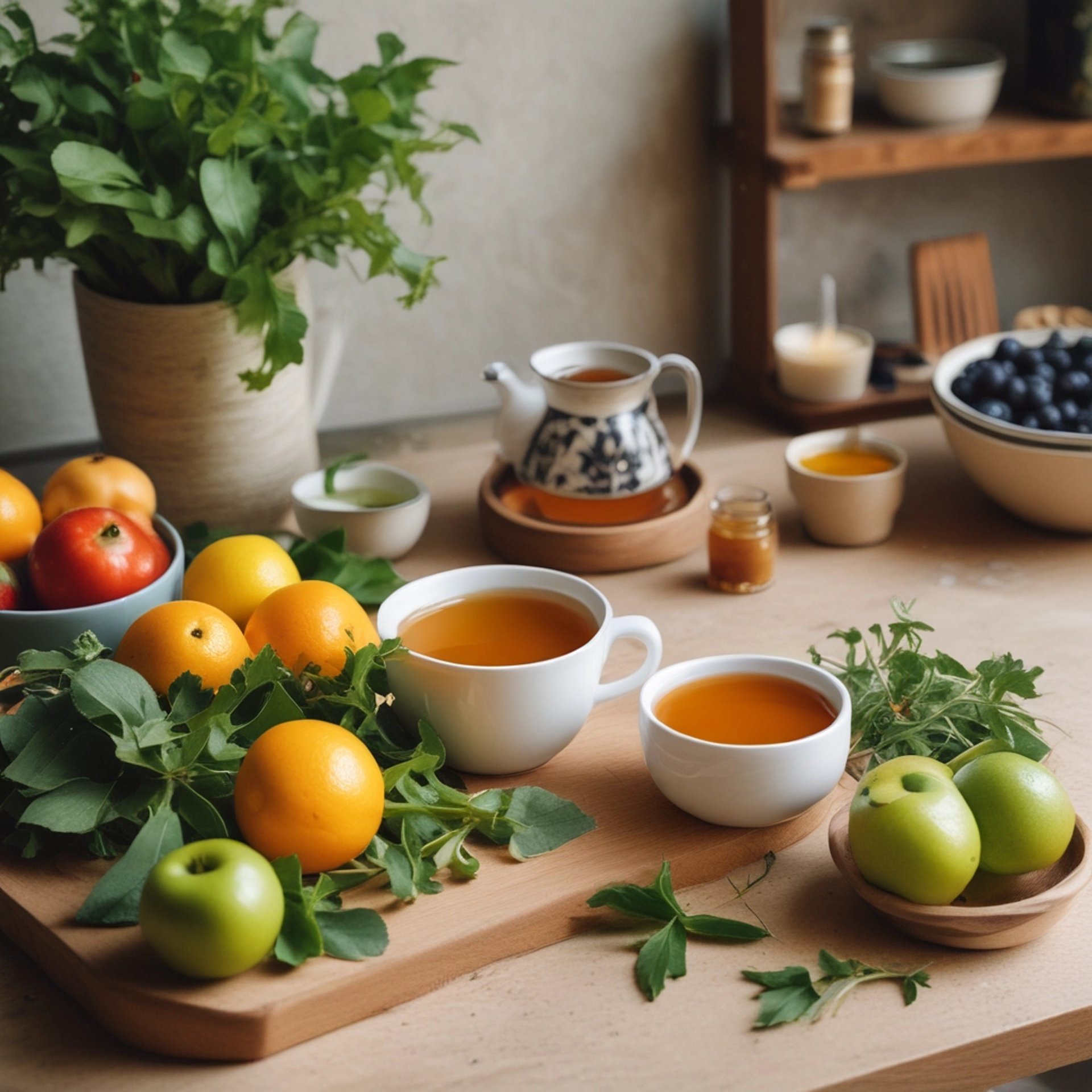🌿 GROWPlantWell – Nurture Nature, Transform Your Space 🌿

Exploring Healthy, Low Glycemic Index Sugar Alternatives for Better Health
Explore healthy, low glycemic index sugar alternatives like stevia, monk fruit, and erythritol for diabetes, weight loss, and better blood sugar control.
Shaista Rashid
8/6/20252 min read


Natural Sugar Alternatives with a Low Glycemic Index (GI)
In a world where diabetes and insulin resistance are on the rise, finding healthier sugar substitutes is more important than ever. Thankfully, nature offers a variety of plant-based sweeteners that are not only low on the glycemic index (GI) but also support your gut, energy, and hormone balance.
Let’s explore the best natural sugar alternatives that help satisfy your sweet tooth—without spiking your blood sugar.
🌿 What Is Glycemic Index (GI)?
GI measures how quickly a food raises blood sugar. Pure sugar has a GI of 100, while low-GI foods are typically 55 or below.
Choosing low-GI sweeteners helps:
Stabilize energy levels
Support weight management
Reduce diabetes risk
Improve insulin sensitivity
✅ Why Switch to Low-GI Natural Sweeteners?
✔️ Diabetic-friendly
✔️ No energy crashes
✔️ Gut and oral health benefits
✔️ Supportive for keto, paleo, and plant-based lifestyles
✔️ Clean, plant-derived ingredients
🍯 Top Natural Sweeteners for Blood Sugar Balance
Here’s a quick dotted breakdown comparing the best sugar substitutes:
Stevia
• 🌱 From stevia leaves
• GI: 0
• 200–300x sweeter than sugar
• 0 calories
• 💚 Best for drinks, baking, weight lossMonk Fruit (Luo Han Guo)
• 🍈 From monk fruit extract
• GI: 0
• 150–200x sweeter than sugar
• 0 calories
• 💚 Good for diabetics, stable under heatErythritol
• 🍇 Fermented from fruits or corn
• GI: 0–1
• ~70% as sweet as sugar
• Almost zero calories
• 💚 Tooth-friendly, keto-approvedXylitol
• 🌳 Derived from birch or corn
• GI: 7–13
• Equal sweetness to sugar
• 2.4 cal/g
• 💚 Oral health benefits (but toxic to dogs!)Yacon Syrup
• 🌿 From the yacon plant root
• GI: 1
• Mild sweetness
• Prebiotic (feeds good gut bacteria)
• 💚 Great for raw foods and smoothiesCoconut Sugar
• 🥥 From coconut palm sap
• GI: ~35
• Mild caramel taste
• Similar calorie content to sugar
• 💚 Contains minerals like zinc, iron, and potassium
🛑 Sweeteners to Avoid for Diabetics
White table sugar (GI: 100)
High fructose corn syrup
Agave nectar (despite being "natural")
Brown sugar, molasses
❓Frequently Asked Questions
✅ What are natural sugar alternatives suitable for diabetics?
Stevia, monk fruit, erythritol, and allulose are excellent diabetic-friendly options with very low GI scores.
✅ Which sugar substitute has the lowest glycemic index?
Both stevia and monk fruit have a GI of 0.
✅ Is honey a good sugar substitute for diabetics?
Despite being natural, honey has a moderate GI and is best used sparingly.
✅ What is the safest sugar alternative for daily use?
Stevia and erythritol are well-researched, safe, and ideal for daily consumption.
✅ Can sugar alternatives help with weight loss?
Yes. Low-GI alternatives reduce caloric intake and prevent insulin spikes that can lead to fat storage.
✅ Is coconut sugar safe for diabetics?
It’s better than white sugar but still contains carbs. Use only in moderation.
✅ What’s the difference between stevia and monk fruit?
Both are zero-GI. Monk fruit tends to have a milder taste, while stevia may have a slight herbal aftertaste.
✅ Can I use these substitutes in baking?
Absolutely! Just adjust the quantity, as they are often much sweeter than sugar.
✅ Do sugar alternatives cause digestive issues?
Some, like erythritol, may cause mild bloating in large amounts. Always start small.
✅ Are sugar alcohols better than artificial sweeteners?
Yes. Sugar alcohols like erythritol are naturally derived and safer long-term than synthetic options like aspartame.
🗓️ Smart Sugar Swapping Calendar (Monthly Guide)
January–March: Detox with stevia + ACV water
April–June: Bake with erythritol and almond flour
July–September: Cool drinks with monk fruit
October–December: Holiday treats using xylitol or coconut sugar
📌 Final Thoughts: Sweet Doesn’t Have to Be Harmful
Whether you're managing diabetes, watching your weight, or simply want to make more conscious food choices, natural low-GI sweeteners offer a delicious, safe way to enjoy sweetness — without the spike.